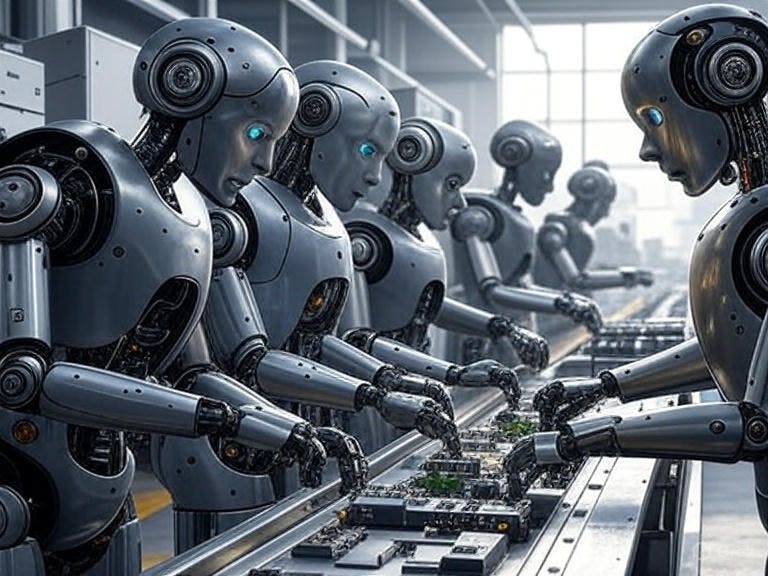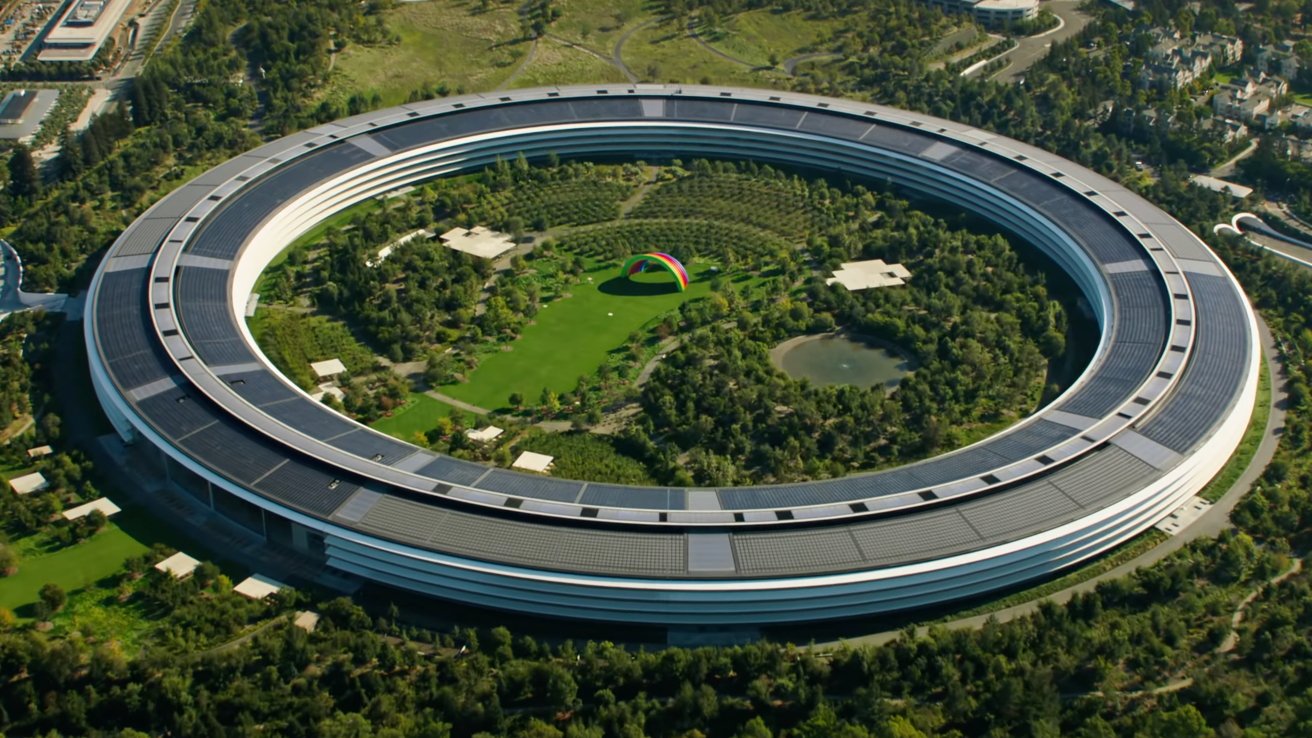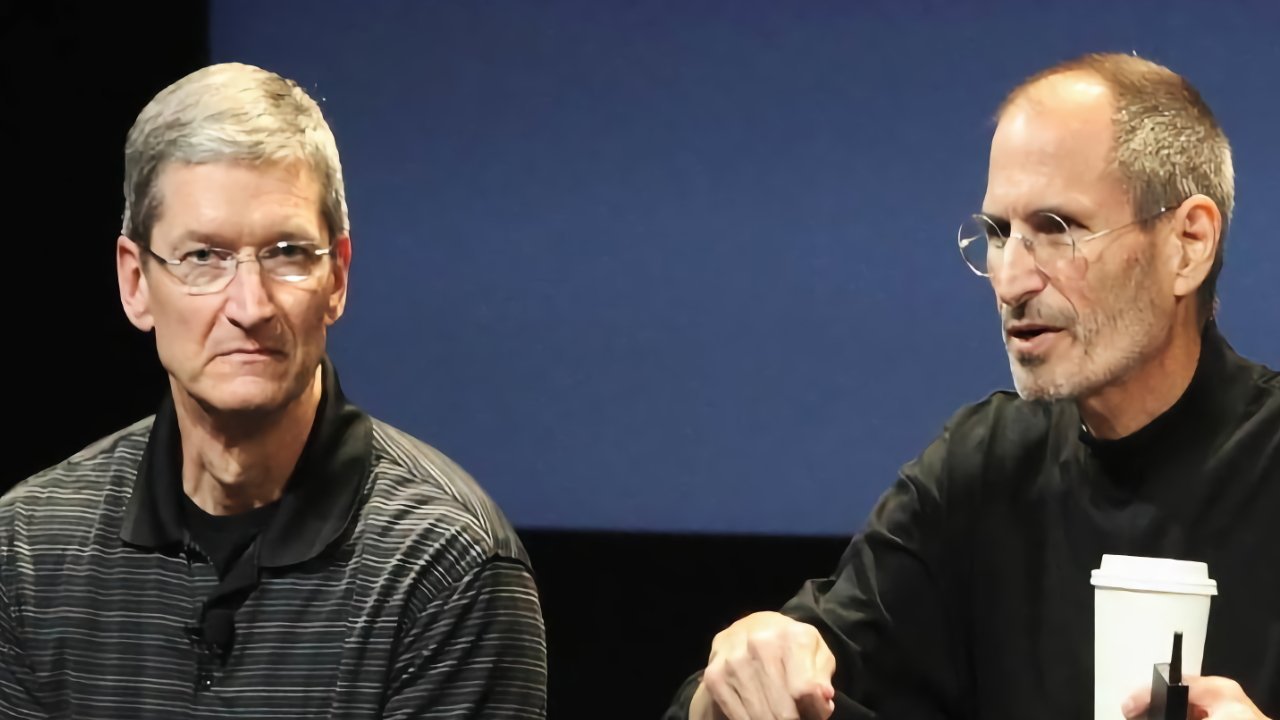Today, our online lives run on systems we don’t control. We rent our money from banks. We rent our AI from cloud services. We rent our communication from platforms that monetize our every move. Behind all the innovation lies a creeping dependency on centralized actors – tech giants, financial institutions, and opaque algorithms that decide more about us than we’d like to admit.
However, a new kind of digital resilience is rising – user-owned agents. These aren’t bots or gadgets. They are flexible, autonomous systems built on open software, cryptography, and artificial intelligence. They’re restoring power where it belongs: in the hands of individuals.
Let’s consider how this change unfolds along three important dimensions – crypto, AI, and open-source software – and why this moment is far more important than many folks acknowledge.
Crypto: Own Your Keys, Own Your Coins
The creation of Bitcoin was never merely a financial experiment. This was a philosophy on the move: that people ought to be able to own value without having to seek permission. With crypto, you don’t require a bank’s blessing to send money. You don’t need a loan officer’s approval to build wealth. If you hold the private keys, the coins are yours – it’s as simple as that.
It’s more than just a lifeline for the unbanked. It’s a hedge for all of us in a time of censorship, inflation, and data surveillance. It’s no surprise that crypto natives are the first to understand the value of self-sovereignty in other areas, too.
We’re now seeing decentralized finance (DeFi) tools that operate without intermediaries, allowing people to save, invest, and lend autonomously. Some go even further, integrating automated agents that monitor yield, rebalance portfolios, or execute strategies based on preset logic. These systems don’t sleep, don’t discriminate, and don’t call home to a central server. They’re coded independence. Crypto gave us a way to own our money. Now, it’s time to own our intelligence.
AI: Own Your Weights, Own Your Brain
AI is quickly becoming the second brain many of us rely on. From generating content to managing tasks, we’re offloading more of our mental labor to intelligent systems. However, here’s the problem: most of that intelligence is rented.
The models that power your AI assistant – their “weights” (AI’s equivalent of private keys) – live on servers you don’t control, trained on data you probably didn’t authorize, running code you’ll never see. If the provider changes the terms, locks you out, or tilts the outputs to serve advertisers, you’re out of luck.
That might be tolerable when it comes to drafting emails. However, when AI is handling your finances, health decisions, or work, trust is non-negotiable. That’s why user-owned AI matters.
Imagine spinning up a local language model on your device. You train it with your preferences. You own the weights. It doesn’t phone home, doesn’t track you, and doesn’t disappear when your subscription lapses.
Open-source AI projects are making this happen. Developers are adapting big models for edge use while communities are sharing improvements transparently. It’s not science fiction – it’s happening. In this version of the future, AI is less of a black box and more of a personal co-pilot.
Open Source: Own Your Code, Own Your Destiny
Beneath both crypto and AI lies the most underrated pillar of all: open-source software. If crypto gives us financial freedom and AI gives us cognitive freedom, open source gives us the blueprint for both.
We don’t talk about it enough, but open code is what makes transparency possible. It’s how you verify what a tool does. It’s how you ensure there’s no spyware baked in. Linux, for example, powers much of the internet not because it’s the flashiest system, but because it’s trustworthy. It’s maintained by a global community. It can’t be turned off by a single company.
Projects like Mastodon and Signal prove that open software can scale, serve millions, and remain free from corporate influence. Or look at the Mech Marketplace, where Olas agents are hiring other agents to perform tasks, such as doing research or generating content. These are self-sustaining economies – networks of digital workers managed by humans, not companies. You don’t have to be a coder or a crypto expert -just someone seeking to take control.
As AI agents become more integral in our lives, from home automation to autonomous trading, open code will be the difference between freedom and servitude.
To the Future
User-owned agents flip that script. They enable individuals to capture the benefits of their own data, decisions, and digital labor. They’re not just AI that works for you – they’re AI that belongs to you.
The future won’t be built in walled gardens. It’ll be shaped by people who own their tools, not just rent them.
So start small. Download a crypto wallet. Run an open-source assistant. Explore open-source platforms. Each action chips away at digital dependency and builds toward a more self-sovereign future. In a world where everything is automated, surveilled, and paywalled, owning your agent may be the most radical thing you do.









